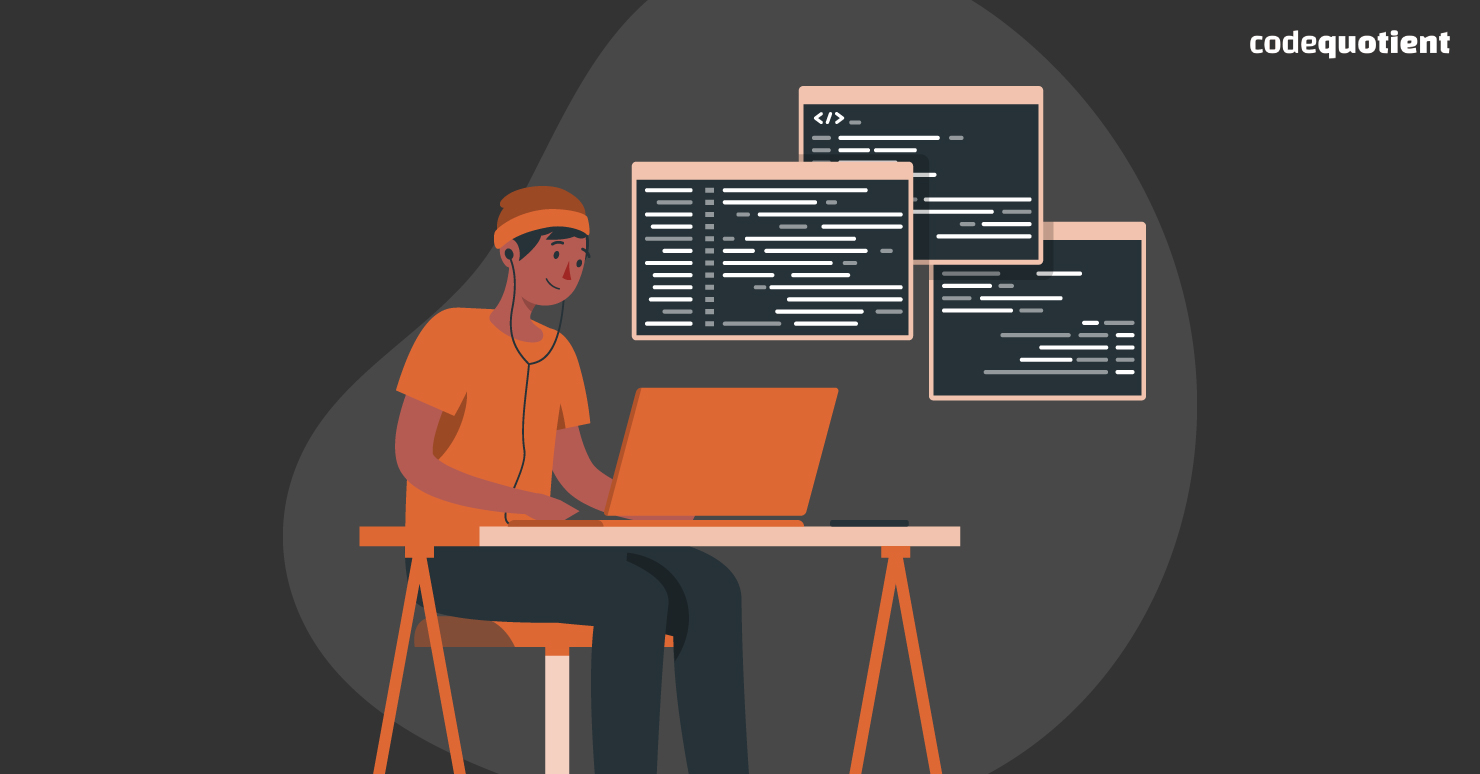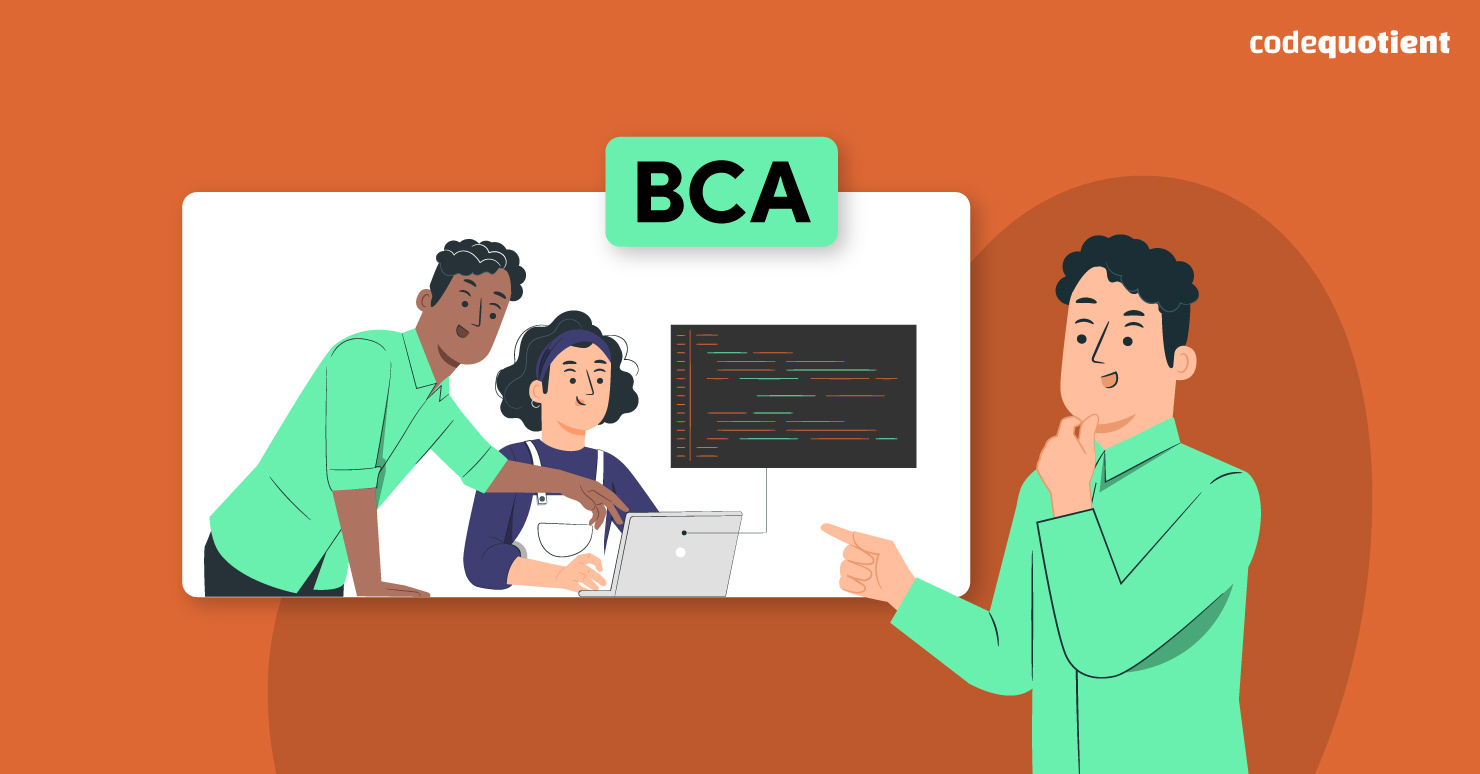BCA courses have become a popular choice for students aspiring to excel in the field of computer science. This program equips students with the knowledge and skills required to thrive in the competitive job market.
But is that enough to prepare an aspirant for a job in the competitive and dynamic IT and artificial intelligence industry? How important is hands-on learning in preparing you for real-world challenges and opportunities for these career options?
In this article, we will assess if BCA courses meet the need for practical learning and skill development that can enhance your employability and career opportunities.
What are BCA Courses?
Before we discuss the importance of hands-on learning, let’s first understand what BCA entails. BCA stands for Bachelor of Computer Applications, a three-year undergraduate program that focuses on computer science and its applications.
BCA courses typically offer a well-rounded curriculum that includes subjects like:
- Programming Languages: Students learn languages like C, C++, Java, and Python, which form the building blocks of software development.
- Database Management: This subject teaches students how to design, manage, and optimise databases, a critical skill in today’s data-driven world.
- Web Development: BCA programs often cover web development technologies such as HTML, CSS, JavaScript, and web frameworks.
Now that we have a basic understanding of BCA programs let’s explore the crucial aspect of practical learning in these courses.
The Importance of Hands-on Learning in BCA Courses
Hands-on learning is of paramount importance in the field of computer applications. Here’s why:
Practical Skills Contribute to Employability
Employers seek candidates with practical skills in today’s competitive job market. Firsthand experience in coding, software development, and problem-solving gives BCA graduates a distinct advantage when seeking employment.
Numerous industries and job roles demand hands-on expertise. From software development and cybersecurity to data analysis and web development, practical skills are essential for success in these fields.
Theoretical vs. Practical: Striking the Right Balance
A critical concern for prospective BCA students revolves around the balance between theory and practical experience.
Traditionally, BCA courses have emphasised theory over practical application, raising questions about the adequacy of hands-on learning experiences. While theory forms the foundation, practical skills are the cornerstone of employability in today’s IT landscape.
1. Practical Assignments and Projects
While BCA courses often incorporate practical assignments and projects into their curriculum, these may not always suffice to bridge the gap between theory and practice. These assignments typically ask students to apply their theoretical knowledge in real-world scenarios, such as developing software applications, designing websites, or coding for database systems, but in reality, students often yearn for more extensive hands-on experiences to incorporate their knowledge into those that reflect the complexities of the industry.
2. Computer Lab Sessions
Laboratory sessions are a staple in BCA courses, but the resources provided are not always at the forefront of technology. Outdated software and hardware can hinder students’ ability to experiment and gain valuable insights. The guidance, although well-intentioned, might not match the dynamic challenges posed by the rapidly evolving tech landscape.
Faculty and Infrastructure for Effective Hands-on Learning
To ensure effective hands-on learning, the role of faculty and the availability of labs, technology, and resources are pivotal.
1. The Role of Qualified Faculty
Qualified faculty members play a crucial role in facilitating hands-on learning. They guide students, provide mentorship, and create a conducive learning environment that encourages experimentation and innovation.
2. Availability of Labs, Technology, and Resources
Access to well-equipped labs, cutting-edge technology, and resources such as programming tools and software is essential. These resources enable students to practise and refine their skills, turning theory into practical expertise.
3. The Impact of a Supportive Learning Environment
A supportive learning environment fosters collaboration, creativity, and problem-solving. It encourages students to explore and experiment, thereby enhancing their hands-on learning experience.
How Collaboration with Industry Can Enhance Hands-on Learning?
One of the most effective ways to bolster hands-on learning is through industry collaborations.
1. Significance of Internships
Internships provide students with real-world exposure. They work on projects, collaborate with professionals, and gain valuable insights into industry practices.
2. Industry Collaborations and Their Impact
BCA programs collaborating with industry partners often have access to the latest technologies, trends, and real-world challenges. This exposure enriches students’ practical learning experiences and prepares them for the specific demands of the job market.
Beyond the Classroom: Self-Initiative Matters

In light of the limited practical exposure provided by the traditional BCA courses, the onus of becoming job-ready falls significantly on your commitment and self-initiative. Here are some valuable tips to maximise your learning experience and enhance your employability:
1. Personal Projects
Initiate and pursue on your own based on individual interests and passions. They can be anything from creating a website, an app, a game, a blog, a podcast, or anything else that showcases their skills and creativity. Personal projects help students to:
- Explore their interests and passions and discover their strengths and weaknesses
- Learn new skills and technologies and expand their knowledge and horizons
- Challenge themselves and push their boundaries and potential
- Demonstrate their initiative and motivation and impress their employers and peers
2. Join Coding Clubs and Competitions
Participating in coding clubs, hackathons, and coding competitions after meeting all the eligibility criteria can enhance practical skills and provide networking opportunities. You can also read books, articles, and blogs, watch videos and podcasts, mobile applications, and take online courses to help you learn and improve your skills and knowledge.
3. Continuous Learning for BCA Courses
To remain competitive in the job market, stay updated with the latest trends, technologies, and certifications. Online resources and YouTube videos are some of the sources that software developers can use to access, learn, and practice various compulsory subjects of computer application skills and technologies.
4. Balancing academics and self-improvement
While it is important to pursue self-development and enhance one’s skills and knowledge beyond the classroom, it is also essential to balance it with one’s academic responsibilities and commitments. Students should strive to:
- Manage their time and prioritise their tasks and goals effectively
- Plan and schedule their learning and development activities and stick to them
- Seek feedback and guidance from their faculty and peers on their progress and improvement
CodeQuotient: Your Gateway to Job-Ready BCA Graduates
BCA courses from other BCA colleges indeed provide the much-needed hands-on learning required to make software developers job-ready. The balance between theory and practicality, the role of faculty and infrastructure, industry collaborations, and self-development opportunities collectively contribute to a well-rounded education.
If you are looking for a course that provides the much-needed hands-on learning to make you job-ready and better than BCA, then consider CodeQuotient School of Technology’s unique program: Bachelor of Computer Application (BCA) +UG Program in Software Engineering. Here, we prepare learners for the job market by building a strong portfolio and resume with software engineering compulsory subjects like Artificial Intelligence/Machine Learning and cloud computing, building mobile applications, key skills employers seek in BCA graduates, entrance examination preparation, interview preparation, and soft skills development.
Get in touch with us now to know more about the eligibility criteria and admission process!




